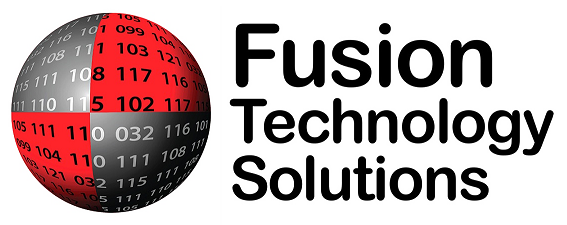The year 2020 saw phishing, vishing, smishing, and pharming leap to the top of the FBI internet crime report statistics, more than doubling in instances from the previous year. But what is does all of that mean, and how does phishing impact businesses?
What Is Phishing?
Phishing is used by cybercriminals to contact individuals under false pretenses from criminals with the objective of obtaining sensitive personal or company data for the purpose of committing fraud. First used on January 2, 1996, the term “phishing” represents a ubiquitous and systemic cybercrime scourge that has grown to be recognized as a fully organized area of the black market.
It’s not just vulnerable individuals at home who fall victim to phone and email scams. The Better Business Bureau lists phishing as one of the top 10 scams that target small businesses. Even tech-savvy staff can be caught without proper training and fall victim to phishing, causing financial losses for their employer. Cybersecurity for your business technology is as important as the locks and alarms on your doors and the vault at your bank.
Phishing Attempt Types
Phishing is primarily a cybercrime, but it can also happen over the phone. If you or an employee has ever answered a call and heard a request for sensitive information from someone claiming to be from a trusted organization, your business has been the victim of vishing, or voice phishing. Vishing is only one form of phishing that can put your business at risk. Others include:
- Spear phishing: targeting specific individuals in phishing attempts.
- Whaling: a specific type of spear phishing that targets a senior company official through careful planning more sophisticated methods of information extraction.
- Email/spam: phishing via email by impersonating a trusted sender.
- Clone phishing: using a cloned copy of a previously received legitimate email to send a malicious link.
- Malware: malicious software used to extract sensitive data, often presented as on-screen pop-ups.
- Pharming: creating fake websites to collect user data via link manipulation.
- Link manipulation: using a link to send the user to the phisher’s website, where they collect sensitive information under the guise of legitimacy (pharming).
- Smishing: phishing via text.
How Phishing Impacts Businesses
Phishing results in more than just monetary loss for your business. You may also suffer the theft of intellectual property such as trade secrets, formulas, customer lists, and research. Some of the other effects of phishing include
- Direct monetary loss
- Lost trust from clients
- Financial penalties
- Lost company value
- Extended periods of downtime
The Importance of a Solid Managed Service Provider (MSP)
Cybersecurity services are more important now than ever. You could administer your IT in-house, but a managed service provider (MSP) has the specialized expertise you need to ensure that the job is done correctly.
Fusion Technology can help protect your company from phishing attacks through services like email protection and data encryption. We can also provide employee security training, a critical component in safeguarding your business from phishing attempts. Your staff should be aware of phishing methods, know how to scrutinize inbound communications, and use verification procedures such as outbound call confirmation. Schedule a free consultation with Fusion Technology to receive a cybersecurity analysis.

